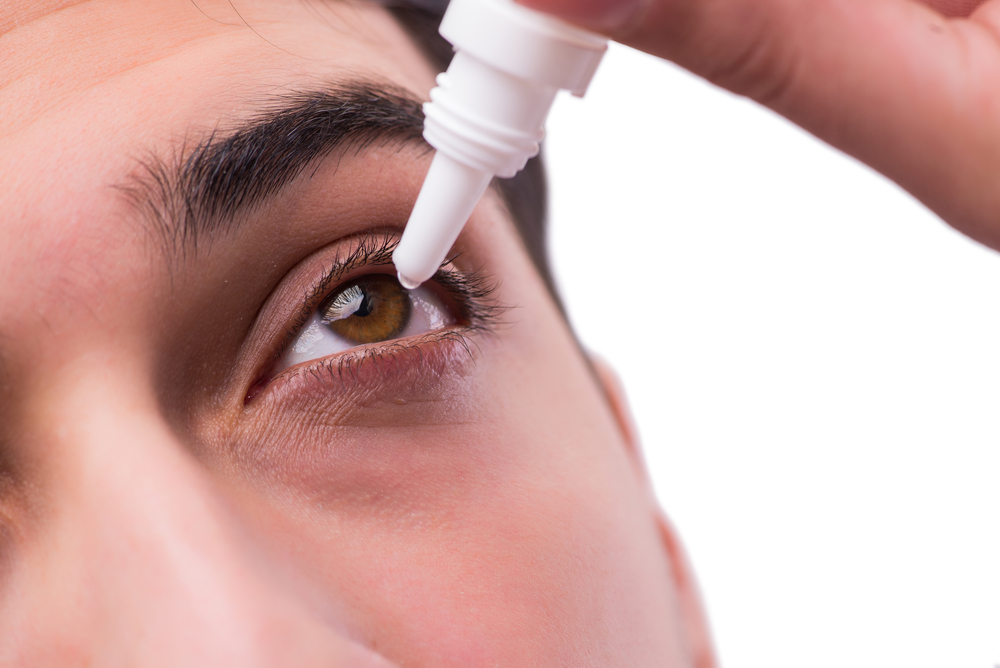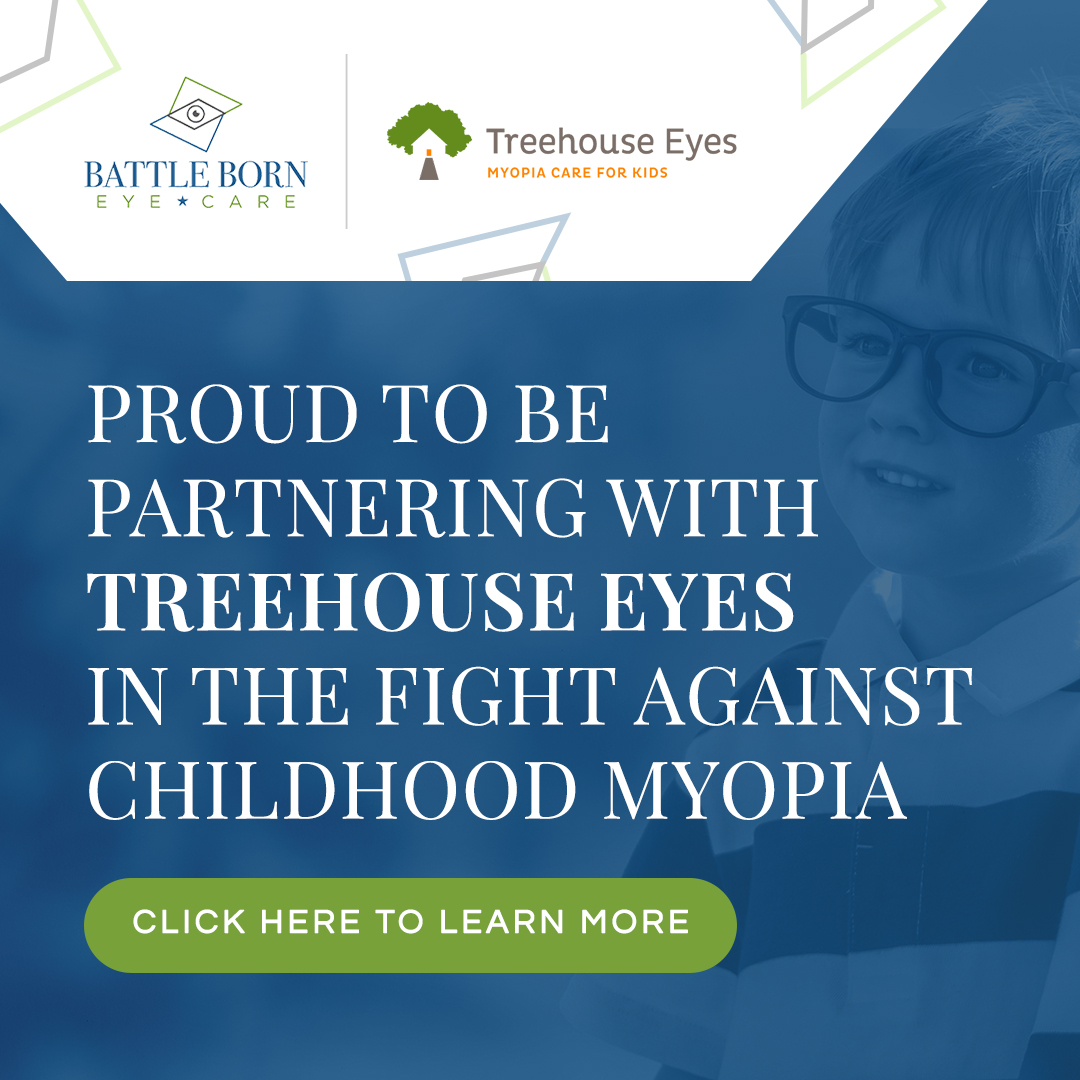
Myopia is a refractive error that causes distant objects to appear blurry. It occurs when the shape of the eye causes light rays to focus in front of the retina instead of directly on it. This can result in difficulties seeing objects clearly from a distance, while close-up vision remains unaffected. It often starts during childhood or adolescence and tends to progress until early adulthood. If left unmanaged, myopia can lead to complications such as retinal detachment, glaucoma, and cataracts.
What is Myopia Management?
Myopia management refers to various techniques and treatments aimed at slowing down the progression of myopia, particularly in children. While glasses and contact lenses provide temporary vision correction, they do not address the underlying causes of myopia. Myopia management strategies focus on reducing the elongation of the eyeball, which is the primary cause of myopia progression. One of the most effective methods of myopia management is atropine therapy.
Atropine Therapy for Myopia Management
Atropine therapy involves the use of low-dose atropine eye drops to control the progression of myopia. Unlike traditional eye drops that dilate the pupils, low-dose atropine eye drops work by reducing the activity of the muscles in the eye responsible for elongating the eyeball.
Studies have demonstrated the effectiveness of atropine therapy in slowing down myopia progression. The Atropine for the Treatment of Myopia (ATOM) study, conducted in Singapore, found that children using low-dose atropine eye drops had a significantly slower rate of myopia progression compared to those using a placebo.
Atropine therapy is typically prescribed as a daily regimen, with a concentration of 0.01% to 0.05%. The exact dosage and duration of treatment may vary depending on the severity of myopia and individual patient factors. Regular eye examinations are necessary to monitor the progression of myopia and adjust the treatment plan accordingly.
How Does Atropine Eye Drops Work for Myopia Management?
Atropine eye drops work by inhibiting the activity of the ciliary muscle in the eye. The ciliary muscle is responsible for controlling the shape of the lens, allowing the eye to focus on objects at different distances. In myopia, the ciliary muscle is overactive, causing the eyeball to elongate and resulting in blurred distance vision.
By reducing the activity of the ciliary muscle, atropine eye drops help prevent the excessive elongation of the eyeball. This, in turn, slows down the progression of myopia. Atropine eye drops also have a relaxing effect on the muscles in the eye, which can alleviate symptoms such as eye strain and fatigue.
It is important to note that atropine therapy does not cure myopia. Rather, it acts as a means of managing and controlling its progression. Regular eye examinations and consultations with an eye care professional are crucial to ensure the dosage and effectiveness of atropine therapy are optimal for each individual.
Conclusion
Myopia is a common refractive error that affects millions of people worldwide. Myopia management strategies aim to slow down the progression of myopia, particularly in children. Atropine therapy has emerged as an effective method for managing myopia.
If you or your child have been diagnosed with myopia, discuss the potential benefits of atropine therapy with our optometrist and determine if atropine therapy is a suitable option. Visit Battle Born Eye Care at our office in Reno, Nevada, or call 775-360-6446 to schedule an appointment today.











